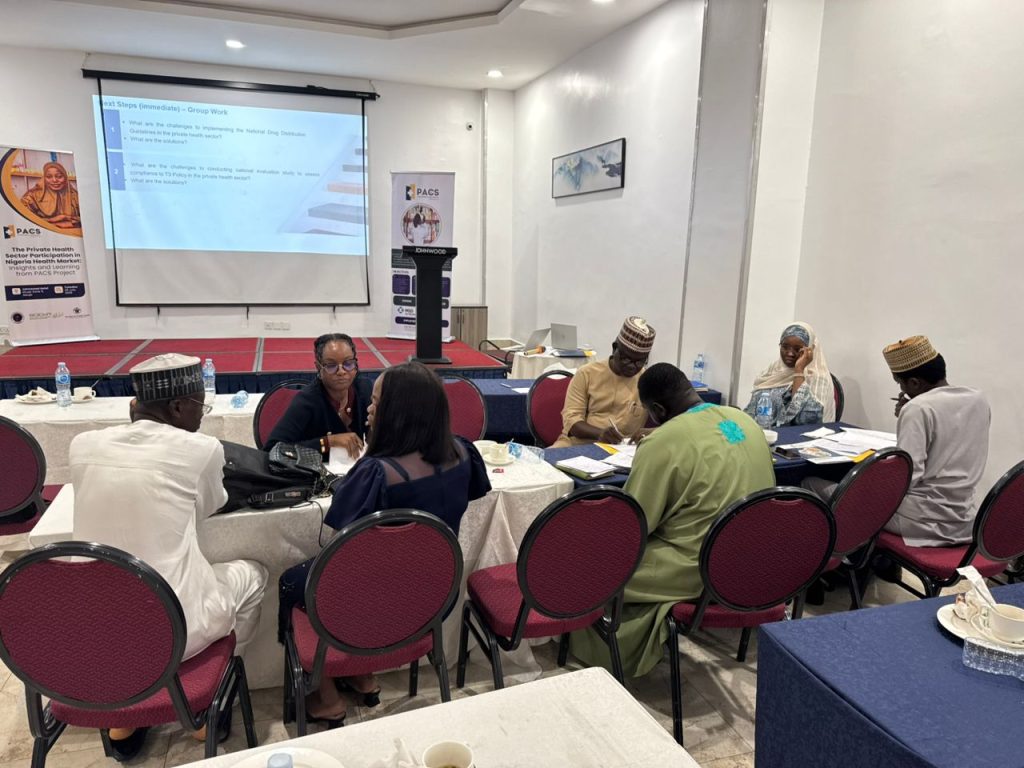A new study has raised fresh concerns over drug safety in Nigeria, revealing that one in five medicines sold in informal markets fails to meet quality standards — a situation that could endanger millions of lives.
The research, conducted under the PACS Project, examined post-market surveillance data from Lagos and Kaduna, highlighting the risks posed by poorly regulated drug sales.
The findings showed that medicine quality improved significantly when suppliers shifted from open markets to accredited sources, underscoring the potential of digital supply chains and verified sourcing to curb the problem.
Read Also: Actress Mary Njoku warns about spread of fake drugs in Nigeria
“To demonstrate how digital supply chains and accredited sourcing can improve drug safety, the PACS Project convened stakeholders to share key findings from post-market surveillance in Lagos and Kaduna, ” Nigeria Health Watch disclosed.
At a stakeholder meeting convened to present the findings, participants discussed ways to align Nigeria’s informal drug market with the National Drug Distribution Guidelines.
Recommendations included stricter regulatory enforcement, the nationwide rollout of Coordinated Wholesale Centres, targeted engagement with informal providers, subsidies to make quality medicines more affordable, integration of the T3 malaria strategy into state budgets, enhanced data systems, and regular supervision of medicine outlets.
The study also faced operational hurdles, including delays that prevented the use of the mystery-client method. Nonetheless, experts agreed the results offered a clear roadmap for tackling the country’s widespread medicine quality challenge.



